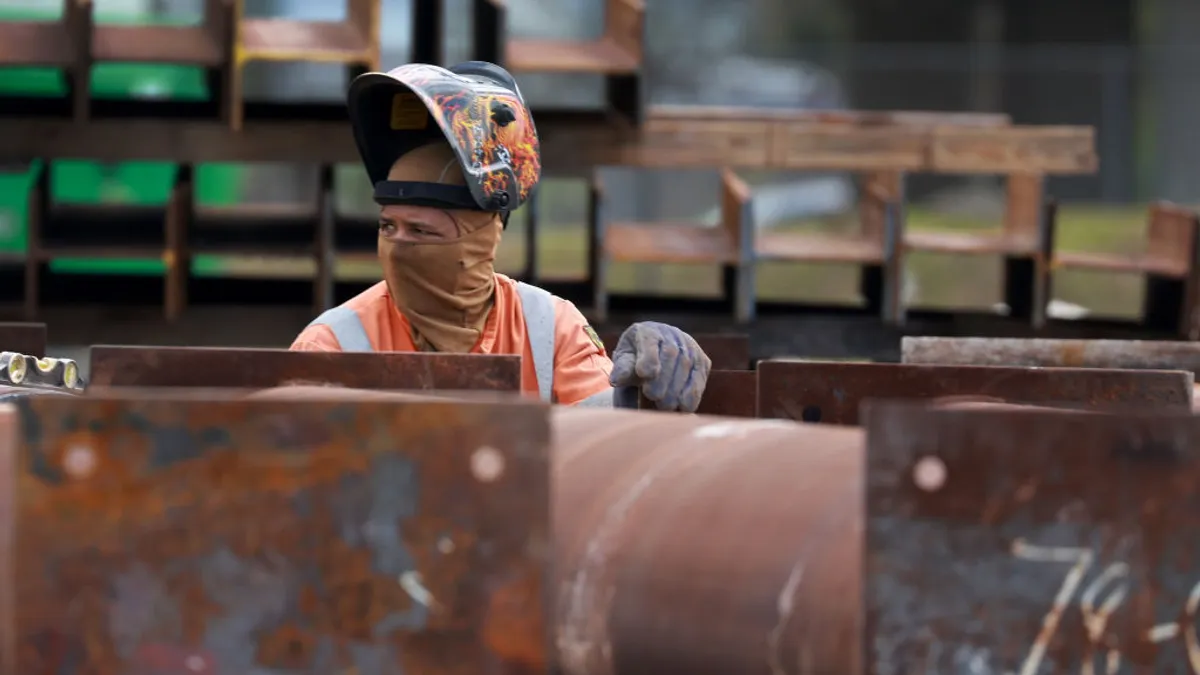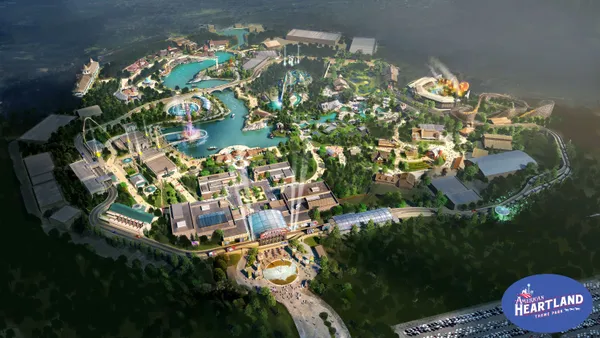Dive Brief:
-
The Pentagon, alongside President Donald Trump, is planning for nearly $500 million in new construction at the Guantanamo Bay Naval Base, according to the Miami Herald.
-
The base would see funds directed toward a $250 million, five-bed hospital; a $124 million Army barracks; and a $100 million skeletal structure to support a tent city for up to 13,000 migrants and housing for 5,000 U.S. forces.
-
So far, the hospital has been set aside to be studied by a Senate committee, and the Pentagon has begun soliciting bids of up to $100 million for the migrant housing project. Meanwhile, Congress is set to fund the new barracks with completion expected by 2021.
Dive Insight:
A formal U.S. military presence at Guantanamo dates to the early 20th century, but the 45-square-mile military base on the island nation of Cuba has been a source of contention in recent years. Since 2002, it has housed individuals being detained as terrorist suspects or those believed to have ties to certain terrorist groups. Politicians and advocacy groups on both sides of the aisle have since called for the closure of the detention center.
Meanwhile, the revival of U.S.–Cuba relations and a relaxing of travel restrictions there point to a potential boom in Cuba's construction market more generally. That's now likely to include more military investment, too.
When then-President Barack Obama loosened restrictions on Cuba beginning in 2014, Cuban business leaders and those with dealings there were optimistic about a building boom to accommodate an expected influx of American tourists not seen in decades. Housing and hotel developers, especially, hoped to see a renewed need for new construction in those sectors. Starwood Hotels and Resorts, acting on that momentum, debuted its first Cuban property late last year.
Yet recent moves by the Trump administration to ban some financial transactions between the Cuban military and U.S. businesses could weaken efforts by the U.S. hotel industry to vie for a complete lift of the U.S. embargo. The Cuban government's stalling in adopting measures to protect private foreign investment and in allowing for openly negotiated employment with Cuban citizens has also held up an anticipated uptick in construction activity.
Still, construction companies could capitalize on the country's need for extensive infrastructure upgrades. With a substantial need for modernizing its transportation, wastewater management and energy production systems, Cuba has started to solicit international investment to help its own firms complete the work. Already, the Cuban government has inked deals with France to renovate the Havana Airport and signed on with Japan to boost its construction, transportation and tourism infrastructure.
Companies like Caterpillar are already tapping into the Cuban market by making preemptory trips to the island and boosting their name recognition there. They and others stand to see a thriving market in infrastructure and tourism-centric projects.














